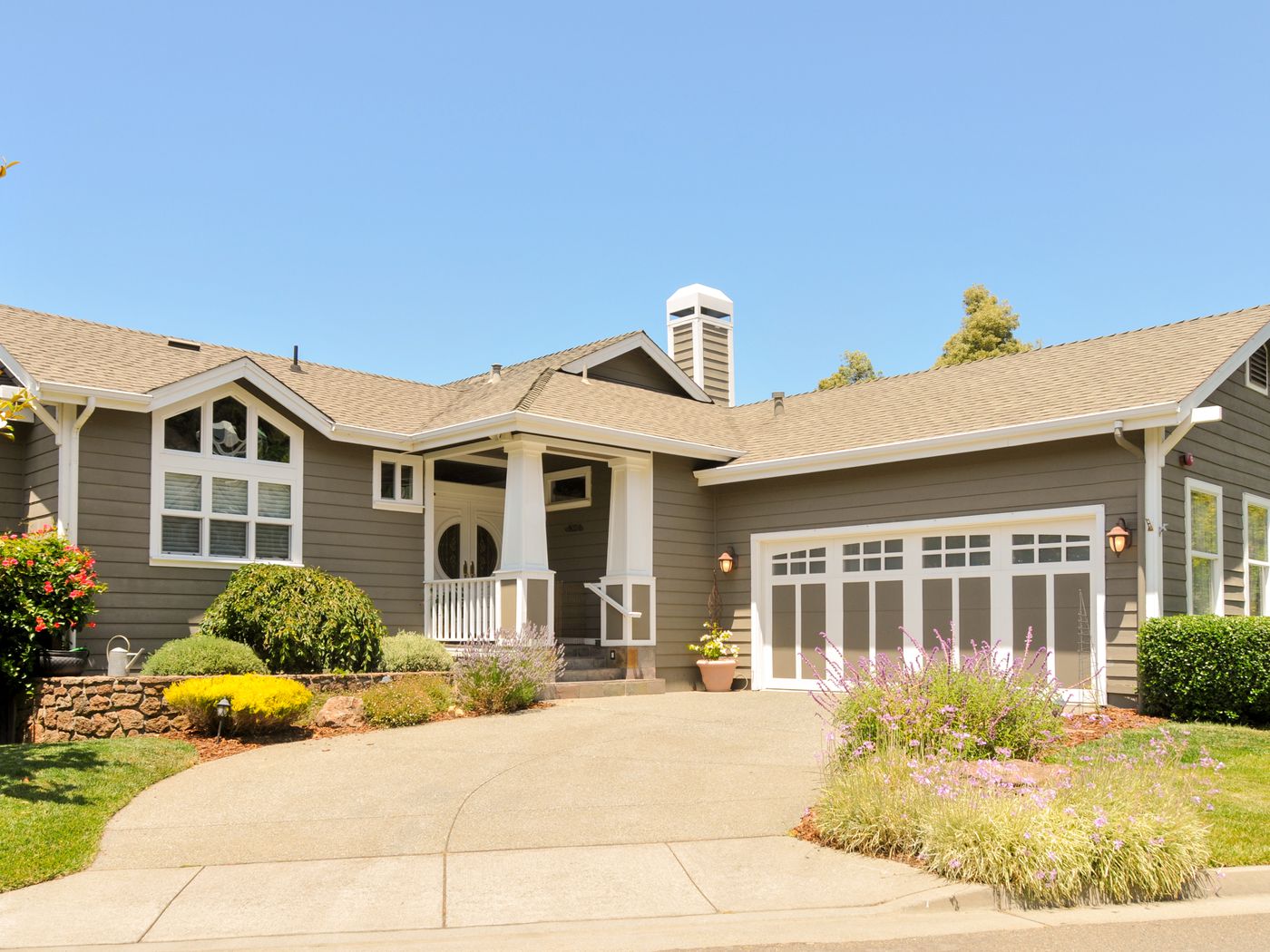Being a homeowner comes with a lot of important responsibilities. These responsibilities are for everyone’s health and safety, and to ensure that dangers are minimized. Society has condensed these safety measures into a residential building code. While many of us have are aware of it, not everyone understands that there are consequences when it is ignored. Keeping your home up to code is not exactly an easy task but it’s part of every homeowner’s responsibility.
A common reason why many homeowners violate code is simply because of ignorance. There are confusion and lack of knowledge about what ‘up to code’ means and end failing most routine home inspections. To keep your house in its best shape, here are a few things to know about.
Smoke Alarms in Every Bedroom
One of the most important safety features of any modern home is a properly placed smoke alarm. However, what you might not know is that certain locations require newly constructed residential properties to have a smoke alarm in every bedroom. These smoke alarms must also have a backup battery system and are connected to ensure that if one goes off, all the alarms activate.
Handrails on Staircases
We see fashionable houses without any handrails on stairs and think, “Wow, I want that in my home”. While it can indeed look fashionable, a lot of people end up being hurt in the process. Handrails are an important safety feature in even the most basic of structures, such as a staircase. As a matter of act, handrails are required in every staircase erected on your property.
Electrical Faults
With every house needing an electrical connection, we’re all well aware of how much we need to be careful when having our electrical system installed. It’s important to make sure that wires are protected from commonly found sharp objects such as screws and nails. It’s also as important to make sure that the wires aren’t tangled and are all connected into the correct outlet box or switch. Having a professional electrician set things up for you is paramount to keeping a safe electrical system at home.
A Proper Water Heater
Water heaters are also prone to causing accidents and injuries. According to statistics, from the years 2006 to 2010, water heaters caused around 11% of residential heating fires. As such, it’s one of those things that you need to be careful of. Have a professional look at your water heating system and ensure that you have the proper components to keep it safe.
Test Older Materials for Dangerous Compounds
Most properties constructed before the year 1970 tend to have materials later deemed dangerous for human use. If your property is built before then, it’s important to have it checked for dangerous materials. Commonly found dangerous materials in older homes are:
- Asbestos
- Lead
- Volatile organic compounds
- Vinyl tilings, etc.
To keep your house up to code, have a professional thoroughly check it. You might have to shell out money to replace these parts with safer materials, but it will be worth it for your family’s health and safe- not to mention the legality surrounding them.
Build With a Permit
Permits can be expensive, and it’s tempting to simply build your home without one. Many DIY homeowners eager to build their houses end up skipping the permit, assuming that it’s perfectly fine. However, a permit is important to make sure that your home is built within the legal bounds of the code and to make sure that your house is safe for humans to inhabit. There are many aspects to ensuring a house’s safety and nothing beats a professional when it comes to making sure of that.
‘Up to code’ means that your house follows the legal standard for houses. It also means that your house is a safe place for your family to live in. The above are only some examples you should follow.





